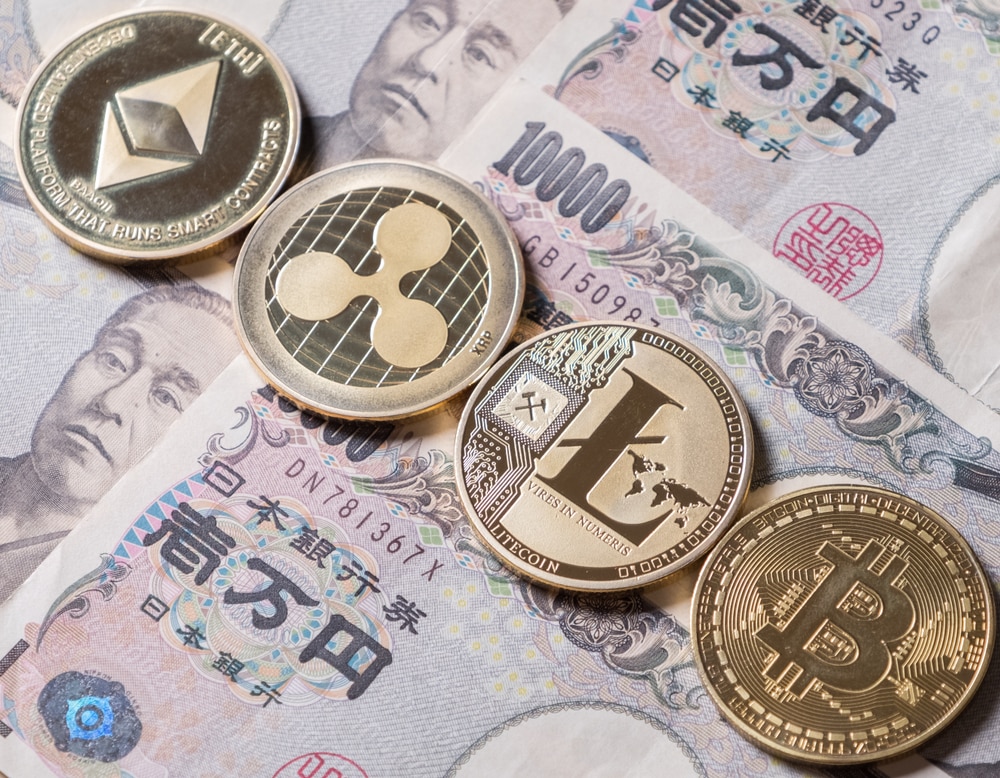Japanese Regulator Aims to Reduce Crypto Tax to Revitalize the Market

Japanese online brokerage Monex could soon offer bitcoin to retail investors to catch up with competitors. | Source: Shutterstock
In October, the government of Japan hinted its plans to ease the process of taxing crypto investments to refrain impractical taxation frameworks from negatively affecting the local market.
At the time, a committee of tax experts that is tasked to advise the government on taxation matters encouraged the authorities to simplify the complex process of disclosing taxable amounts that occur in investing in the crypto market.
Prior to that, a local analyst said:
“If the rapid growth of the cryptocurrency sector in late 2017 is considered, 331 is a number that is simply too low to be true. A large portion of cryptocurrency investors probably did not declare their earnings to the government.”
This week, Takeshi Fujimaki, a Japanese congressman and lawmaker, proposed four major changes to the taxation policies surrounding the digital asset market with the objective of revitalizing the market.
Decreasing Taxes
Taxing cryptocurrency returns is difficult because of the wild volatility of the market. An investor could generate a 50 percent profit in one week and lose all of it the next week.
To reduce the burden on investors and in consideration of the characteristics of the cryptocurrency market, congressman Fujimaki proposed the following changes:
- Reduction of crypto tax gains from up to 55 percent to a fixed 20 percent rate on gains.
- Carry forward losses across quarters and years, until the cryptocurrencies are cashed out
- No taxes in trading crypto-to-crypto
- No tax on small cryptocurrency payments
All four proposed changes will positively affect investors in the market and provide a fairer environment for investors to trade in.
The second rule change is especially important because under the current taxation policy in Japan, which is the same in the U.S. and other major markets, if a cryptocurrency investor loses out in the previous year but records a profit this year, the investor still has to pay taxes on the gains generated this year.
Vice versa, if an investor records massive gains the year before but loses all of the profits this year, the investor is still required to pay taxes on the gains made in the previous year.
The rule change allows investors to invest in the digital asset market without the risk of being charged with absurdly large amounts of taxes.
Fujimaki emphasized that the abovementioned changes to the taxation framework have been proposed to improve the local market and potentially recover the damaged sector.
The congressman also stated that the proposal to exempt taxes for crypto-to-crypto trades is to help exchanges bump up their daily volumes once again. He said :
“In order to increase the volume of transactions between virtual currencies and to revitalize the virtual currency market, trading between virtual currencies should be tax exempt.”
Will it Affect South Korea?
Historically, South Korea, the third largest cryptocurrency exchange market behind the U.S. and Japan, has tended to follow the regulatory frameworks adopted by Japan to govern its local digital asset sector.
The positive rule changes of Japan, if implemented, could encourage startups and major exchanges in South Korea to lead talks with the government to implement similar policies.
Featured image from Shutterstock.